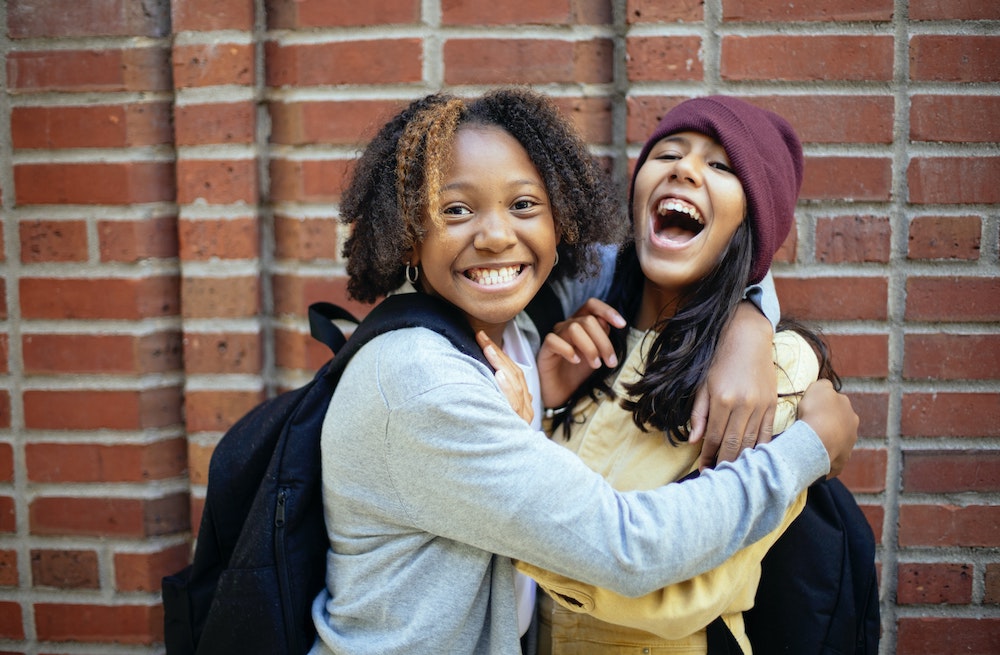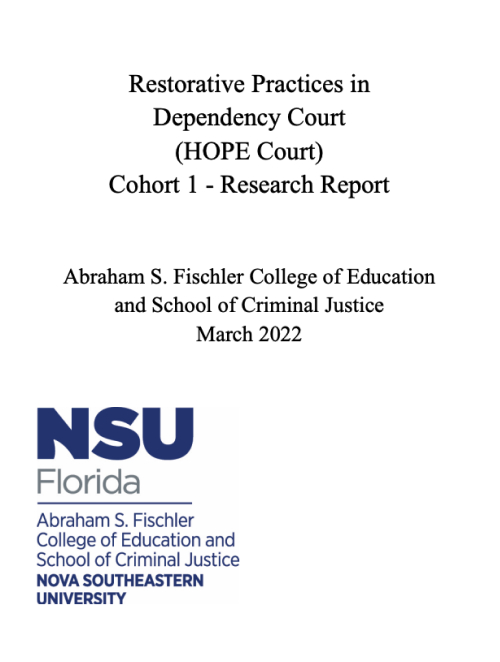About Us
Helping Older Teens Powerfully Engage
HOPE Court brings restorative justice based court hearings and circles to youth in foster care throughout the year leading up to their 18th birthday and beyond, resulting in more community connection and increased hopefulness for our youth as they become adults.
Our Mission
Improving connection, compassion and building community. Creating a space where our youth are deeply heard and are co-creators in their new life. Working WITH our youth to empower them to make positive behavioral choices.
What is HOPE Court?
Teenage youth who age out of foster care have the opportunity to receive state benefits post their 18th birthday. These programs provide significant financial and housing assistance. Sadly, a large percentage of youth do not engage in these programs. We believe that lack of connection is a huge contributor to these undesirable outcomes.
HOPE Court (Helping Older Teens Powerfully Engage) was created to change the child welfare system and improve outcomes for our system’s older teens; many of whom have dual system involvement and often become homeless or imprisoned soon after their 18th birthday. HOPE infuses restorative practices into the legal system to improve connection, compassion and build community. HOPE creates a safe space where our youth are deeply heard and are co-creators in their new life. We work WITH our youth to empower them to make positive behavioral choices. HOPE is a therapeutic problem solving court founded in the theory and practical application of restorative practices, derived from the work of restorative justice.
HOPE Court utilizes restorative practices and theory in all of its programming.
Our youth have court hearings every 6 weeks. These hearings are held in circle and involve relationship building as well as required legal content. Hearings are youth led, and information is provided by all in an interactive circle process. Additional supportive youth circle services include transitional independent living planning wherein the team enjoys fellowship together and sets up volunteers and timelines to help the youth accomplish their goals. Support circles offer a place to resolve conflict, brainstorm action plans, and allow our youth to be heard. Additional life skills circles offer training in topics like cooking, finance, and coping skills.
Our goal is to create an easily replicable program that will change our adversarial dependency system into a restorative and community building one, doing what the law is really meant to do: bring justice for all.
“In matters of truth and justice, there is no difference between large and small problems, for the issues concerning the treatment of people are all the same.”
Albert Einstein
Restorative Foundations
The term restorative practices was born from an important movement in the criminal justice field called restorative justice. HOPE Court utilizes the theories of restorative practices as building blocks for program creation. Emotionally safe space is built by teams of child welfare professionals who come together in community with a singular mission, improving the lives of our youth and encouraging their adulthood self-sufficiency.

Program building blocks include:
- training and coaching in restorative practices and empathic communication, specifically nonviolent communication
- utilization of circles for court hearings and all supportive services
- restorative conferencing to repair major harms.
Bring Justice for All
HOPE Court redefines traditional measures of success and looks to qualitative system changing advancements. HOPE measures success as improvement in our teens’ social and emotional health, increased feelings of hopefulness and connectedness, and perceived levels of support. HOPE places great value and gratitude upon and within the adult child welfare professionals who create the relationships, the community, and the emotionally safe space from which our teens can begin to heal and grow.
The innovative HOPE program is inclusive of a research study and will provide evidence based recommendations in best practices for expansive program development, inclusive of development, training, and program design. Research and development for the program began in 2018.
Measureable Outcome of Research Include:
Cohort 1 – Research Report




